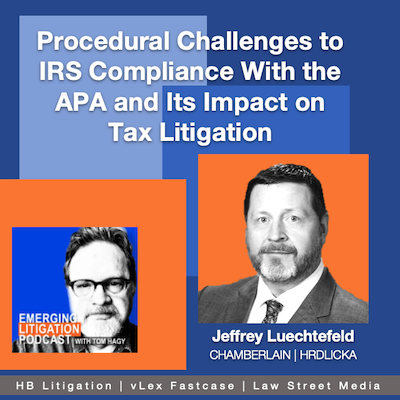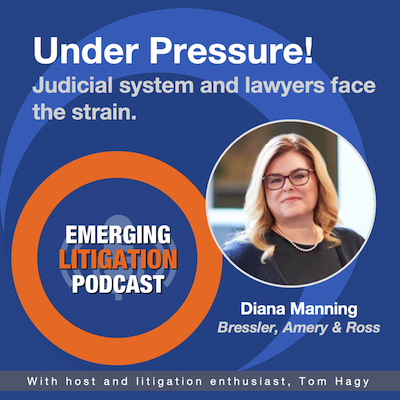Appellate Lawyers at Trial: Don’t Wait Until Your Ox is in the Ditch with Jeff Doss
In this episode of the Emerging Litigation Podcast, you will discover how appellate counsel can strengthen trial strategy and improve post-verdict outcomes in high-stakes cases. Our guest, Jeffrey P. Doss, a partner in the White-Collar Criminal Defense & Corporate Investigations practice group at Lightfoot, Franklin & White LLC, explores their critical role in error preservation, evidentiary challenges, and navigating appeals. Don't miss this episode!










